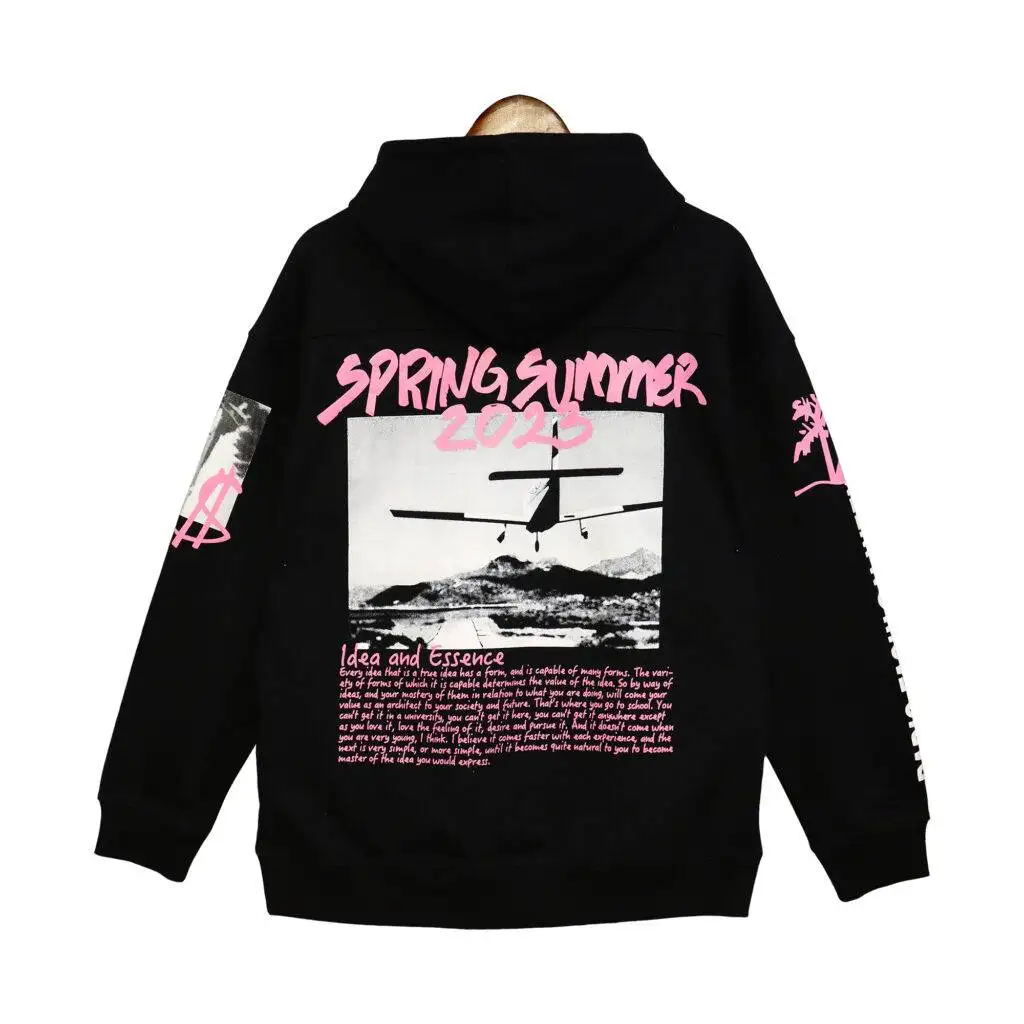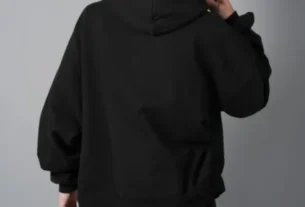In the landscape of contemporary streetwear, few brands have risen as rapidly or as impactfully as Rhude. Founded in 2015 by designer Rhuigi Villaseñor, the Los Angeles-based brand has become synonymous with a hybrid aesthetic—one that bridges the gap between youth-driven street culture and refined, high-end fashion. Among its most recognizable and coveted pieces are Rhude shorts. These garments have transcended their practical function to become symbols of modern luxury, cultural cachet, and self-expression.
Origins of the Brand
Before understanding the rise of Rhude shorts, it’s essential to grasp the philosophy of the brand itself. Rhuigi Villaseñor, born in the Philippines and raised in L.A., created Rhude to tell a personal story—one informed by immigration, hustle, identity, and aspiration. The brand’s early collections were marked by raw edges, graphic tees, and a unique West Coast sensibility, all of which drew attention for their authenticity.
What began as a grassroots label with a single bandana T-shirt quickly evolved into a fashion powerhouse. Rhude now sits comfortably in luxury retailers and on the backs of celebrities, athletes, and tastemakers worldwide. And within that trajectory, Rhude shorts became one of the brand’s signature staples.
Aesthetic & Design Language
At first glance, Rhude shorts stand out because they subvert traditional silhouettes. While many streetwear brands rely on cargo-heavy or slim-fit designs, Rhude reimagines shorts with a distinct shape—often slightly oversized, mid-thigh to above-knee in length, with an exaggerated drawstring that’s become a visual signature.
Materials range from lightweight nylon and mesh to premium cotton blends, with some designs featuring satin or suede finishes. Colors vary from subdued earth tones to bold patterns and retro athletic hues. Yet regardless of the fabric or palette, Rhude shorts always carry an unmistakable design philosophy: minimalist structure infused with maximalist flair.
Logos are often discreet or tastefully embedded into the garment—either as tonal embroidery, vintage-style patches, or subtle printwork. This restraint allows the shape and material to speak louder than branding alone, which is part of what elevates Rhude shorts above other streetwear offerings.
Cultural Significance
The appeal of Rhude shorts isn’t just in their construction—it’s also in their context. Streetwear has always existed at the intersection of fashion, music, and social commentary. Rhude excels in this regard, using its pieces to reflect a certain narrative of American ambition. The shorts, in particular, often feel like wearable memoirs of summer freedom, urban movement, and youthful confidence.
Rhuigi’s decision to blur the lines between basketball shorts, resortwear, and everyday attire was prescient. In a time when fashion is increasingly fluid and global style norms are being rewritten, Rhude shorts offer versatility. They can be worn with a hoodie and sneakers, styled with a blazer and boots, or even dressed down with sandals and a vintage tee. This versatility makes them not just fashionable, but also functional across contexts—something that’s rarely achieved with such intention.
The Celebrity Factor
No modern fashion story is complete without the influence of celebrity culture. Rhude shorts have been championed by artists like Kendrick Lamar, A$AP Rocky, and Future—icons whose style choices shape entire industries. NBA players such as LeBron James and Kyle Kuzma have also embraced the brand, reinforcing its connection to athletic aesthetics and elite streetwear.
Yet it’s not merely about visibility. Rhude shorts function as status symbols within communities that value authenticity and trend-setting. They’re not just what celebrities wear—they’re pieces that communicate access to a certain level of cultural literacy. Wearing Rhude suggests that one knows the history of the brand, understands its message, and identifies with its values of upward mobility and cross-cultural synthesis.
Craftsmanship and Pricing
Of course, none of this would matter if the shorts themselves weren’t well made. One of the reasons Rhude maintains relevance in the crowded streetwear space is its dedication to quality. Though expensive—often retailing between $300 and $500—Rhude shorts offer craftsmanship that justifies the price. Seams are reinforced, materials are thoughtfully sourced, and finishing details (from zippers to lining) are given as much attention as the outer design.
Critics may argue that such pricing alienates the original audience of streetwear, but Rhude doesn’t pretend to be accessible to everyone. Instead, it positions itself as a luxury brand born from street sensibility—like a visual representation of someone who’s climbed the socio-economic ladder but hasn’t forgotten their roots.
Sustainability and the Future
As fashion turns toward sustainability and ethical production, questions about Rhude’s practices are increasingly relevant. The brand has been relatively quiet about its sustainability efforts compared to some of its peers. Moving forward, integrating more transparency about sourcing, labor, and environmental impact could bolster its position and align with the values of the next generation of consumers.
There’s also room for expansion. While Rhude shorts have become a cornerstone, the brand is steadily building a full lifestyle empire—complete with outerwear, tailoring, footwear, and accessories. Yet the shorts remain a kind of visual shorthand for everything Rhude stands for: freedom, boldness, and reinvention.
Final Thoughts
In a world where fashion cycles move at lightning speed and hype often overrides substance, Rhude shorts offer something different. They balance attention-grabbing design with subtle storytelling. They draw from the past (particularly 90s sportswear and Californian street culture) while pointing toward the future of what menswear—and fashion more broadly—can be.




